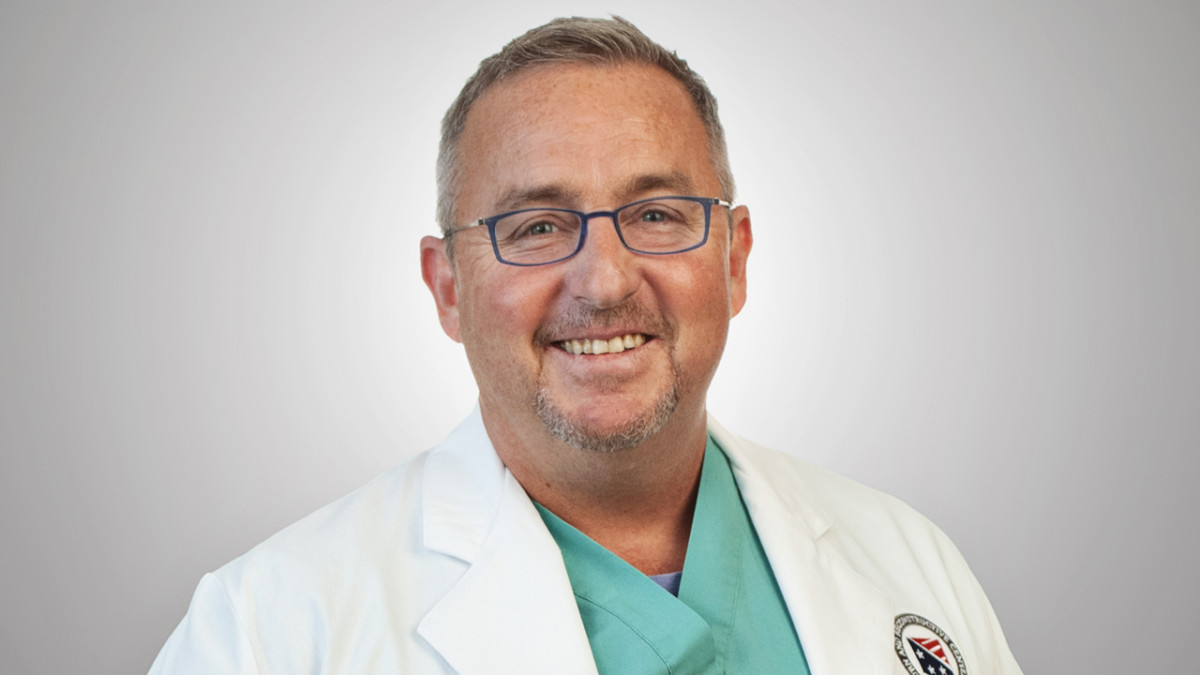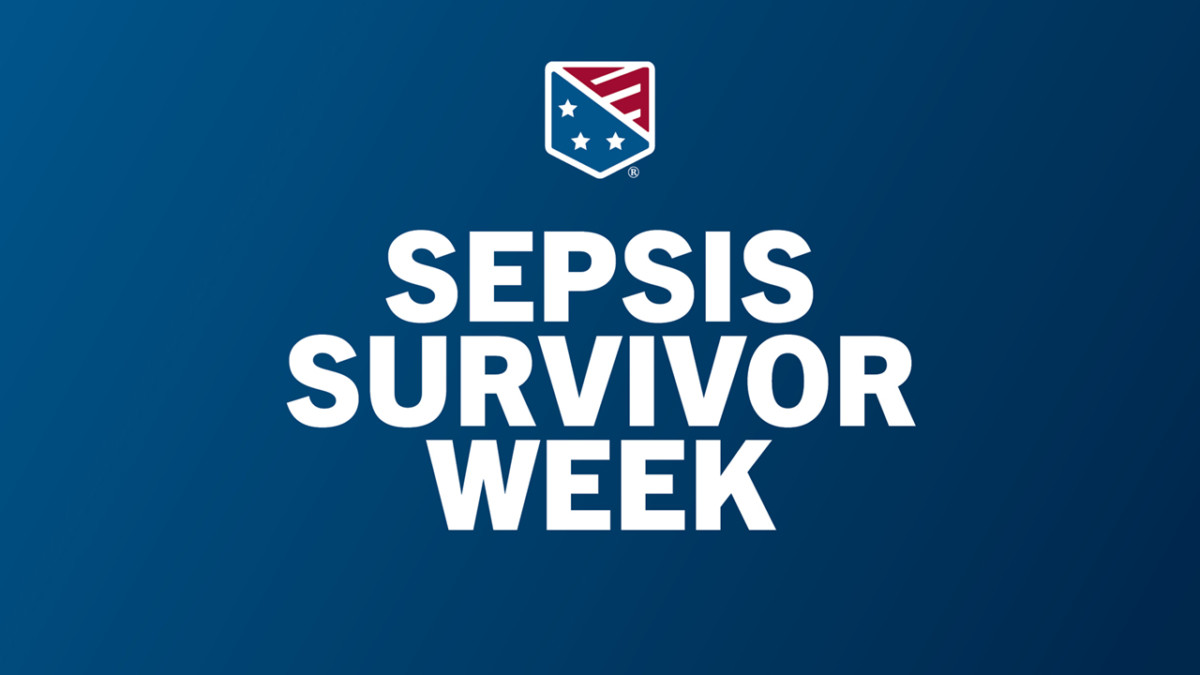As the largest burn center in the nation, the Joseph M. Still (JMS) Burn Center at Doctors Hospital of Augusta treats many patients with various needs, including burn, wound, skin and soft tissue disorder and reconstructive care. However, a major risk to the health and well-being of many of our critically ill or acutely ill patients is the development of sepsis. Sepsis is a generalized infection, which has spread throughout the body and can be deadly for those trying to heal from burns, wounds or other comorbidities. For Dr. John Rumbaugh, Director of Hyperbarics and Wounds at the JMS Burn Center of Augusta, septic patients are people he treats often, but sepsis is not as common as one might think.

“[Sepsis] is common for the JMS Burn Center,” Dr. Rumbaugh said. “But what I see here is not normal. It’s not normal for a doctor’s office, and it’s not normal even for a hospital. What’s common here isn’t really common.”
As a nationally recognized burn and wound care specialist, the JMS Burn Center receives patient transfers from all over the country for the most severe burn, wound and skin and soft tissue disorder cases. Because of this, our experts treat a large number of considerably rare infections and diseases such as toxic epidermal necrolysis (TEN)/ Stevens-Johnson Syndrome (SJS), Fournier’s Gangrene, necrotizing fasciitis, staphylococcal scalded skin syndrome and sepsis.
“The top three causes of sepsis that I see are urinary tract infections (UTIs) which can cause something called urosepsis, COVID positive pneumonia which can cause COVID sepsis and necrotizing fasciitis which is the flesh-eating bacteria,” Dr. Rumbaugh said.
Recently, he said he’s been treating many patients with what he referred to as “COVID sepsis.” When people get sick with COVID and the COVID is in their lungs, it is called “COVID positive pneumonia.” This can cause the patient to experience acute respiratory distress syndrome (ARDS), which can lead to COVID sepsis. COVID sepsis is an event in which blood vessels leak into the tissues and the patient’s blood pressure deteriorates. But, when the patient is given medicines to make their blood pressure come up and constrict their blood vessels, the circulation to the hands and feet can decrease or stop entirely, causing black or wounded appendages that require medical intervention.
However, no matter the mechanism, sepsis can be extremely life-threatening, especially to those with compromised immune systems or comorbidities, because it negatively affects the body’s ability to heal. For those with wounds, burns or injuries, blood, oxygen and nutrients need to be able to reach the affected area for them to heal. If those patients become septic, the body uses all of its energy fighting the infection rather than healing the injury.
“Imagine everyone is given 100 units of energy a day, but 80 of it has to go to your head and ten has to go to your lungs, and five has to go to other places,” Dr. Rumbaugh said. “Then you’re only left with a little bit to heal the body. But if your demands go up because you’re septic, then a wound, injury or illness is left off the list and won’t heal or improve.”
Excessive smoking, drinking and unhealthy diets along with decreased cardiovascular health, uncontrolled diabetes and other conditions that may cause someone to be at a higher risk for complex wounds or other health issues are just a few contributors that can make people more susceptible to sepsis. To help decrease the chances of sepsis, Dr. Rumbaugh advises everyone to become more aware of their body’s signs of distress. For example, if you suffer from neuropathy, be sure to inspect your feet and hands as often as possible to avoid wounds going unnoticed. Avoid increasing your chances of cardiovascular health issues by limiting salt intake, smoking and alcohol consumption. Most of all, don’t wait for more symptoms to appear. Seek a healthcare specialist at the first sign of concern.
“Increase your surveillance and positive behaviors, maintain a healthy lifestyle and understand your risks,” Dr. Rumbaugh said. “And see the right doctor quickly if you notice something out of the ordinary.”
Further Information
Symptoms of sepsis may vary depending on the mechanism, such as chronic complex wounds, UTI, COVID or necrotizing fasciitis. However, some common symptoms are:
- Fever
- Shortness of breath
- High heart rate
- Low blood pressure
- Extreme pain or discomfort
Often, sepsis starts as a localized infection that, when left untreated, spreads throughout the body until the entire body is infected. Pay close attention to wounds, injuries and post-surgery areas in the healing process. Look for signs of radiating heat, redness, pain, oozing or discoloration. If any of these occur, contact your surgeon or your local wound specialist immediately for a consultation.
For more information, please visit our website at www.burncenters.com.
Our experts are available 24/7. To make an appointment or to speak with a healthcare provider, please call us at (855) 863-9595.
